About Mid Coast Hospital Addiction Resource Center
Mid Coast Hospital Addiction Resource Center in Damariscotta, Maine offers high-quality, confidential and expert outpatient treatment for substance use disorders including opioid use issues and alcoholism. They’re part of the MaineHealth integrated healthcare system serving over 1.1 million residents of Maine and New Hampshire, so addiction recovery here is backed by the full support and resources of MaineHealth. This allows for easy primary and specialty care referrals when necessary.
This facility is also licensed to provide treatment support for co-occurring mental health disorders and driver education and evaluation. They offer nicotine replacement therapy for people struggling with quitting smoking or chewing tobacco. Specialized outpatient care is also available for pregnant women and new moms with substance use issues. The facility accepts Medicare, MaineCare and private insurance. Financial assistance is available for eligible clients. You’ll never be denied care due to your inability to pay.
Recovery in Lovely Damariscotta
Mid Coast Hospital Addiction Resource Center is located on Bristol Road in the coastal town of Damariscotta within Lincoln County, Maine. It is just a minute walk from the Damariscotta River and a few miles north of the Wiscasset Community Center and Nature Trails.
Tailored Substance Use Recovery With Medication Support
Outpatient care in Damariscotta begins with a thorough intake assessment and customized treatment planning to tailor recovery to your strengths, needs and recovery goals. Therapy may be relatively structured and intense to satisfy the needs of those struggling with moderate substance use via intensive outpatient programming.
They also offer family sessions to help strengthen support systems and improve communication within the family unit. You’ll benefit from the services of recovery coaches who’ll guide you through the recovery process, offering personalized support and encouragement. Your tailored care may also include medication assisted treatment if you are dealing with opioid use issues, with medications like Suboxone, Vivitrol or naltrexone.
Addiction Recovery for Pregnant Women and New Moms
Mid Coast Hospital Addiction Resource Center supports pregnant women in recovery alongside moms with at least one child under age five via a specialized program called Healthy Generations. This is a free home-based educational program that equips parents with practical tools that support a positive and healthy lifestyle in which to raise young children.
Facility Overview
Rehab Score
Gallery
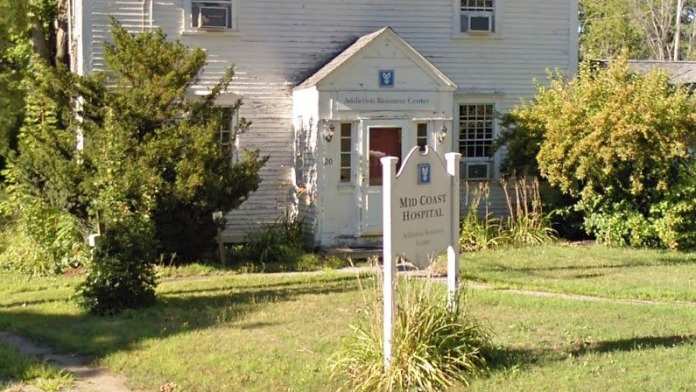
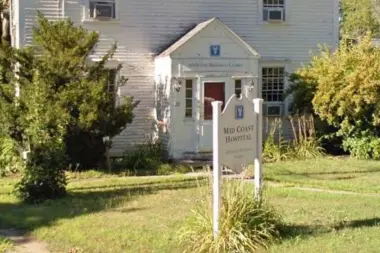
Other Forms of Payment
Medicaid is a state based program that helps lower-income individuals and families pay for healthcare. Medicaid covers addiction treatment so those enrolled can use their coverage to pay for rehab. When a program accepts Medicaid the client often pays very little or nothing out of their own pocket.
Medicare is a federal program that provides health insurance for those 65 and older. It also serves people under 65 with chronic and disabling health challenges. To use Medicare for addiction treatment you need to find a program that accepts Medicare and is in network with your plan. Out of pocket costs and preauthorization requirements vary, so always check with your provider.
Private insurance refers to any kind of healthcare coverage that isn't from the state or federal government. This includes individual and family plans offered by an employer or purchased from the Insurance Marketplace. Every plan will have different requirements and out of pocket costs so be sure to get the full details before you start treatment.
Self-pay involves paying for treatment out of your own pocket. You can use savings or credit, get a personal loan, or receive help from family and friends to fund your treatment. If you don't have insurance or your insurance plan doesn't cover a specific program, self-pay can help ensure you still get the care you need.
Financial aid can take many forms. Centers may have grants or scholarships available to clients who meet eligibility requirements. Programs that receive SAMHSA grants may have financial aid available for those who need treatment as well. Grants and scholarships can help you pai for treatment without having to repay.
Military members, veterans, and eligible dependents have access to specific insurance programs that help them get the care they need. TRICARE and VA insurance can help you access low cost or no cost addiction and mental health treatment. Programs that accept military insurance often have targeted treatment focused on the unique challenges military members, veterans, and their families face.
Addiction Treatments
Levels of Care
Outpatient Programs (OP) are for those seeking mental rehab or drug rehab, but who also stay at home every night. The main difference between outpatient treatment (OP) and intensive outpatient treatment (IOP) lies in the amount of hours the patient spends at the facility. Most of the time an outpatient program is designed for someone who has completed an inpatient stay and is looking to continue their growth in recovery. Outpatient is not meant to be the starting point, it is commonly referred to as aftercare.
Drug and alcohol addiction often takes a heavy toll on one's body. Over time, a physical dependence can develop, meaning the body physiologically needs the substance to function. Detox is the process of removing drugs and/or alcohol from the body, a process that can be lethal if mismanaged. Medical detox is done by licensed medical professionals who monitor vital signs and keep you safe, healthy, and as comfortable as possible as you go through detox and withdrawal. The length of stay at the detoxification program is determined according to the specific needs of the patient.
Intensive Outpatient Programs (IOP) are for those who want or need a very structured treatment program but who also wish to live at home and continue with certain responsibilities (such as work or school). IOP substance abuse treatment programs vary in duration and intensity, and certain outpatient rehab centers will offer individualized treatment programs.
Treatments
The goal of treatment for alcoholism is abstinence. Those with poor social support, poor motivation, or psychiatric disorders tend to relapse within a few years of treatment. For these people, success is measured by longer periods of abstinence, reduced use of alcohol, better health, and improved social functioning. Recovery and Maintenance are usually based on 12 step programs and AA meetings.
Drug rehab in Maine is the process of helping someone learn how to live without the use of substances. Professional staff provide treatment to address the various issues of addiction. Methods often involve medication, counseling, and evidence-based therapies.
Opioid rehabs specialize in supporting those recovering from opioid addiction. They treat those suffering from addiction to illegal opioids like heroin, as well as prescription drugs like oxycodone. These centers typically combine both physical as well as mental and emotional support to help stop addiction. Physical support often includes medical detox and subsequent medical support (including medication), and mental support includes in-depth therapy to address the underlying causes of addiction.
Substance rehabs focus on helping individuals recover from substance abuse, including alcohol and drug addiction (both illegal and prescription drugs). They often include the opportunity to engage in both individual as well as group therapy.
Programs
Adult rehab programs include therapies tailored to each client's specific needs, goals, and recovery progress. They are tailored to the specific challenges adult clients may face, including family and work pressures and commitments. From inpatient and residential treatment to various levels of outpatient services, there are many options available. Some facilities also help adults work through co-occurring conditions, like anxiety, that can accompany addiction.
Clinical Services
Group therapy is any therapeutic work that happens in a group (not one-on-one). There are a number of different group therapy modalities, including support groups, experiential therapy, psycho-education, and more. Group therapy involves treatment as well as processing interaction between group members.
In individual therapy, a patient meets one-on-one with a trained psychologist or counselor. Therapy is a pivotal part of effective substance abuse treatment, as it often covers root causes of addiction, including challenges faced by the patient in their social, family, and work/school life.
Staff & Accreditations
Staff
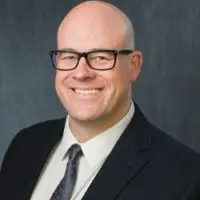
Christopher Bowe, MD, FACEP
President
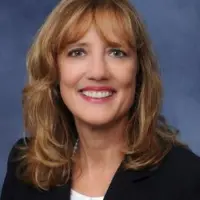
Kristin Anthony, RNC, MSN, NEA-BC
Vice President, Nursing & Patient Care Services, Chief Nursing Officer

Carl DeMars, MD
Vice President Physician and Advanced Practice Provider Services

Joe Grant
VP, Operation and Systems, COO
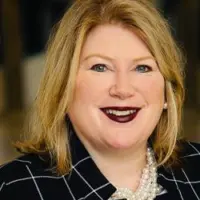
Casey Maloney, SPHR, SHRM-SCP
Director, Human Resources
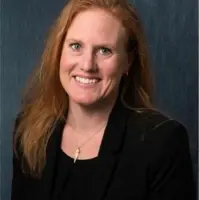
Maureen Perdue, DO
Chief Medical Officer

Michael Perry
CFO

Jana Purrell, MBA
VP, Physician Practices
Accreditations

The Joint Commission, formerly known as JCAHO, is a nonprofit organization that accredits rehab organizations and programs. Founded in 1951, the Joint Commision's mission is to improve the quality of patient care and demonstrating the quality of patient care.
Joint Commission Accreditation: Yes
Contact Information
20 Bristol Road
Damariscotta, ME 04543